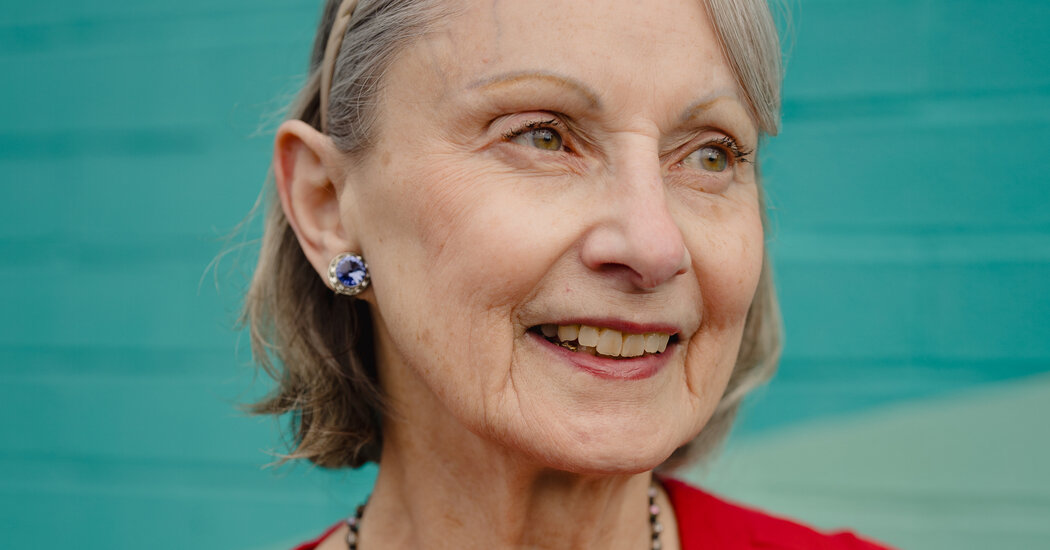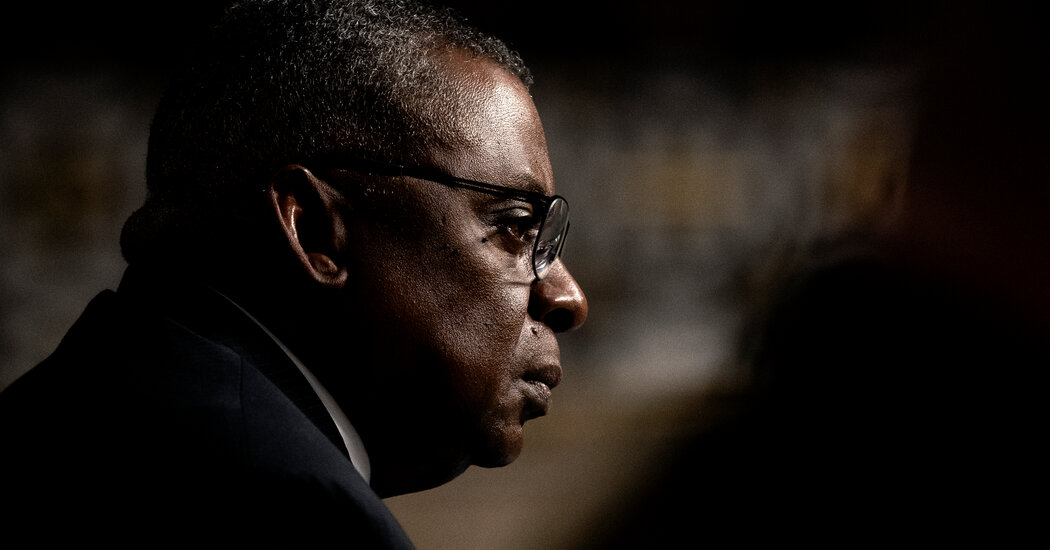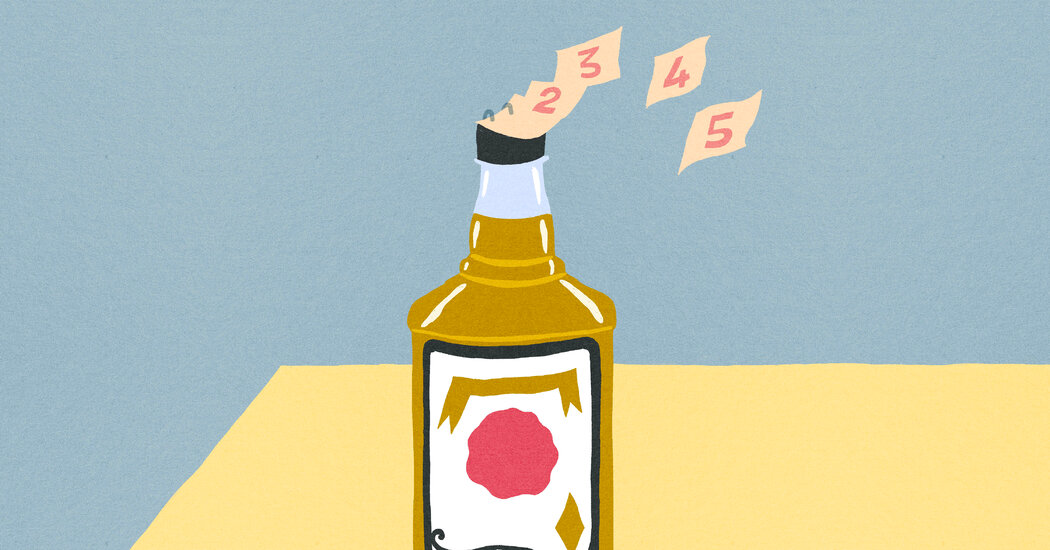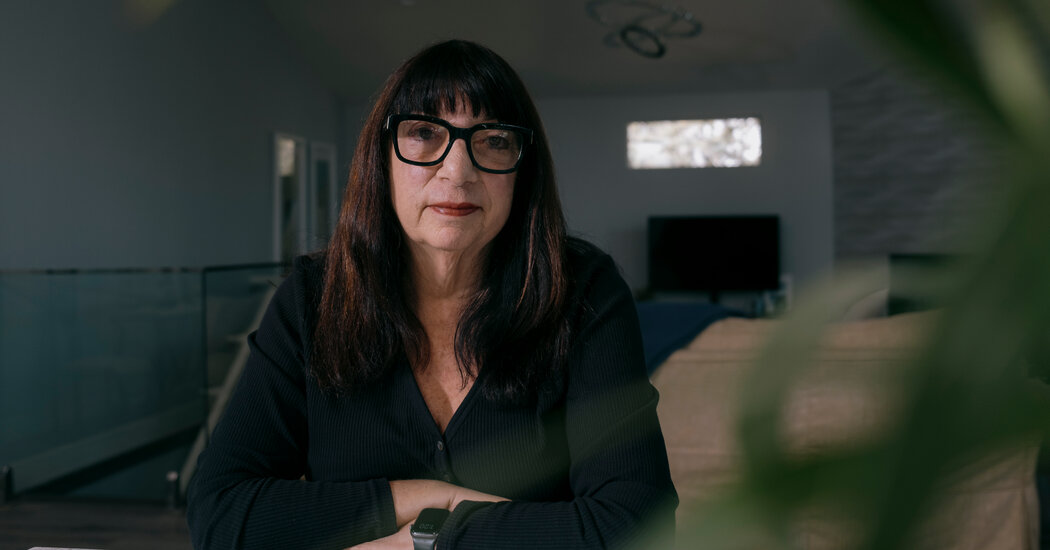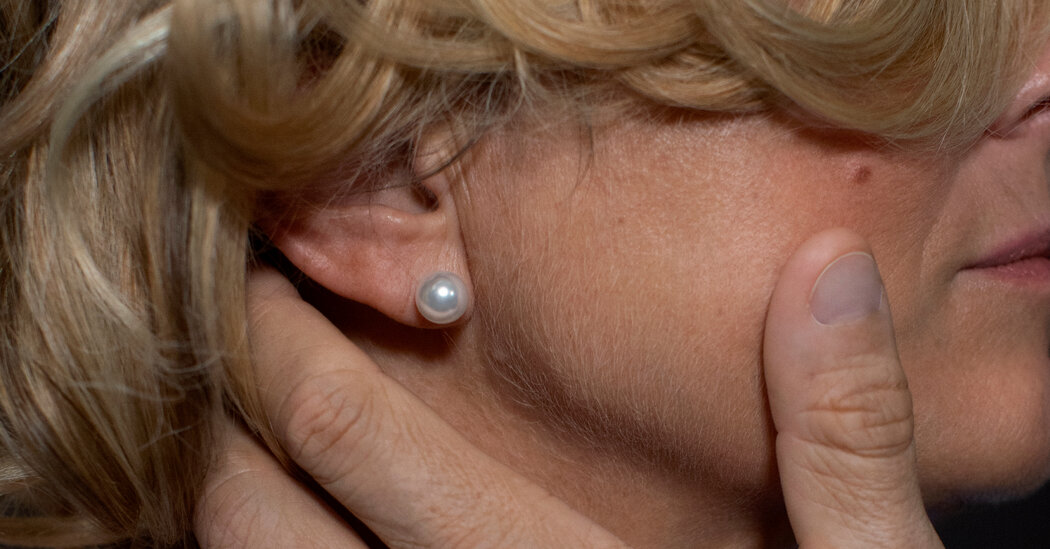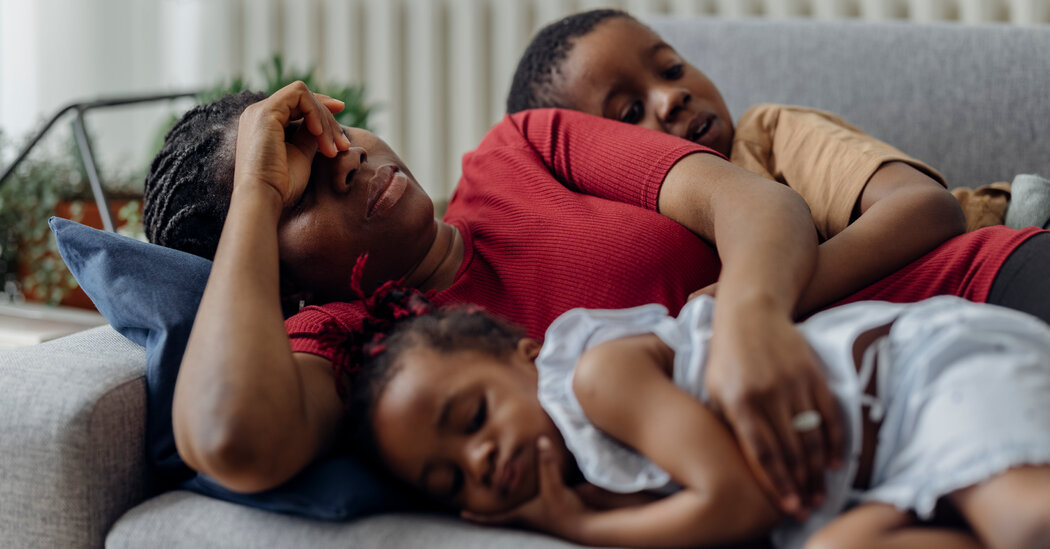Sisters Audrey Findlay, 75, and Barbara Rowe, 63, start every weekday with an 8 a.m. phone call. An hour or so later, they head to work together at Findlay Rowe, the gift shop they opened 12 years ago. (Previously, they worked at the same health care company for 13 years, where Ms. Findlay was the general manager and Ms. Rowe was the payroll manager.)At 5 or 6 p.m., the sisters leave work and head to their homes — four houses apart. And after dinner, they reconvene for an hourlong stroll, slipping easily into what their adult children (they have nine between them) affectionately call their “twin talk.”“One of us will begin a sentence, not finish it, and the other will already be answering,” Ms. Findlay said.The sisters do have their arguments, as would be expected from two people who frequently spend the bulk of their days together. But they are committed to staying close and being there for each other.“Our dad was an orphan, and he felt very strongly about family,” Ms. Rowe said. “We can have a knock-down, drag-out fight, and the next day it’s like: ‘Well, where are we going to dinner?’”More than 80 percent of Americans grow up with at least one sibling, and research suggests those relationships can offer benefits well into adulthood. A 2019 study that focused on people in their mid-60s, for example, found that warmth between adult siblings may provide a buffer against loneliness and help boost well-being.Elias Williams for The New York TimesElias Williams for The New York TimesWhile there isn’t a lot of research on how well most adults get along with their siblings, data from the 2015 book “Adult Sibling Relationships,” co-written by Geoffrey Greif, a professor at the University of Maryland School of Social Work, offers some clues. In qualitative interviews with 262 adults, 64 percent said they considered themselves to be a “good friend” to at least one of their siblings, and 45 percent said they considered at least one of their siblings to be among their best friends.Yet 70 percent said they had ups and downs with their siblings over the course of their lives, Dr. Greif said in an interview, and 8 percent said they were never close.“Sibling relationships, like all family relationships, have a certain amount of ambivalence and ambiguity,” Dr. Greif said — an obvious statement, perhaps, but one he believes is important for siblings to bear in mind, so they don’t set an “impossible standard” for what a solid relationship entails.And he and other therapists who focus on family relationships believe that it is possible to bolster an adult sibling connection, even if you do not have (or even aspire to) the kind of intense bond that Ms. Findlay and Ms. Rowe share. Here are three strategies that can help.Give each other permission to change.Nicholas Gant, 40, and his sister Gaybrielle LeAnn, 37, were extremely close as young children — Mr. Gant taught his baby sister to walk and talk, as family lore goes. But during adolescence, they drifted apart. Ms. LeAnn described her brother as a talented singer who was kind and charismatic; she said this created a “natural magnetic field” around him that sometimes made it difficult for her to find her own voice.Both attended historically Black colleges and universities, or H.B.C.U.s., an experience that they said taught them the importance of building community — and helped them “recognize our need for each other,” Mr. Gant said. He and Ms. LeAnn spent their 20s and 30s not only learning about themselves but making it a point to show up for and understand the other sibling, too: If Mr. Gant, who is a singer, has a show, his sister is in the audience. When Ms. LeAnn had a recent celebration to mark eight years since she survived life-threatening blood clots, her brother was there.“I feel like we really found each other again,” Mr. Gant said. “We sort of fell in love again as siblings.”Ms. LeAnn credits their “capacity to grow and love each other as individuals, and not just as blood relatives” with helping to make them “great friends.”That willingness to see and embrace a sibling’s growth is important, said Nedra Glover Tawwab, a therapist based in Charlotte, N.C., and the author of “Drama Free: A Guide to Managing Unhealthy Family Relationships.”“Sometimes there is a version of you that they remember,” Ms. Tawwab said. For example, an older sibling might continue to think of a younger sibling as the “baby” — even if that baby is 60 years old. “You have to allow people to evolve and not treat them as you have always treated them,” she said.To get a better sense of who your sibling is, Whitney Goodman, a licensed marriage and family therapist based in Miami, suggested periodically asking questions like: “What are you into now?” and “What is going on in your life that I don’t know about?”Dustin ChambersDustin Chambers“I like people to come back to themselves and think about: How much have I changed, how much have I grown? And how do I want my sibling to see me?” Ms. Goodman said. Then consider: “How can I extend the same grace to them?”Be mindful of how your parents affect your dynamic.All of the therapists interviewed for this story noted that no matter how loving parents may be, they can complicate sibling bonds. Dr. Greif said it can help to ask yourself: “Am I being ‘triangulated’ with my sibling and my mother or father?” By which he means: Have you fallen into a pattern of communication with your parent or parents that is shaping how you feel about your sibling, even if that is not anyone’s intention?To avoid that kind of interference, the experts said you can establish a simple ground rule: When you speak to your parents or spend time with them, you will not talk about your siblings — particularly if the conversation takes the form of gossip.You might also want to explore whether perceived parental favoritism is affecting your relationship with a sibling. Survey data suggests 40 percent of Americans feel like their parents had a favorite child, and studies have shown it can be a roadblock to sibling closeness.“In the research, favoritism from parents is one of the biggest influences on how that sibling relationship is going to function, especially in childhood,” Ms. Goodman said. “That’s the most finite resource, right? A parent’s attention. And siblings can absolutely carry that into adulthood.”Families should not shy away from discussing parental favoritism, Ms. Goodman said, though she acknowledged that having those conversations is easier said than done. Adult siblings can benefit from attending therapy together (with or without their parents), even if it is to address things that happened years ago, she said.Dr. Kramer agreed that having those kinds of direct conversations can help “repair years of resentment” between siblings, “if people are willing to talk about these sorts of things and to be honest with their perceptions — and be gentle with one another.”Make time to enjoy each other’s company.Growing up, Ken LoCicero, 54, and Ricky LoCicero, 58, were best friends and roommates. In adulthood, they found a grueling way to spend time together: They ran 50 marathons together in 50 states, a pursuit that took more than 20 years.Dustin ChambersThat may be an extreme example of carving out time for each other. But, Ms. Goodman said, siblings sometimes lose sight of the fact that their relationship, like any other, requires attention and care. “We often expect family relationships to thrive simply because someone is related to us, but it doesn’t work like that,” she said.Siblings should find ways to have fun together, said Laurie Kramer, a professor of applied psychology at Northeastern University who runs a program that teaches young siblings strategies for getting along. “It’s really hard when all your interactions are about problems one of you is having,” or when you are arguing about who is going to take care of a parent’s needs, she said. “Find moments where you can really enjoy one another.”Sometimes, it is enough to take out old photos and spend a few minutes reminiscing, Dr. Kramer added.The LoCicero brothers relished race days, and how they were often able to bring their wives and children along and make a weekend out of it. But they savored the hours they spent training and planning together just as much. Sometimes they ran in silence. Other times, they talked about work, marriage and kids. (The LoCiceros also have a sister with whom they are good friends and a brother who died from pancreatic cancer 15 years ago, a painful loss that brought them even closer.)Even though their 50-marathon quest has been completed, the brothers still talk on the phone or see each other every few days, and live only seven miles apart. “Kenny, I know, is always going to be available, accessible, willing to listen,” Ricky said. And he believes there is nothing that could change that bond.“With Ricky, there’s nothing I would not say out loud,” echoed Ken. To know how committed his brother is to their relationship, and to feel that they can be honest and vulnerable with each other is, he said, “a gift.”
Read more →

